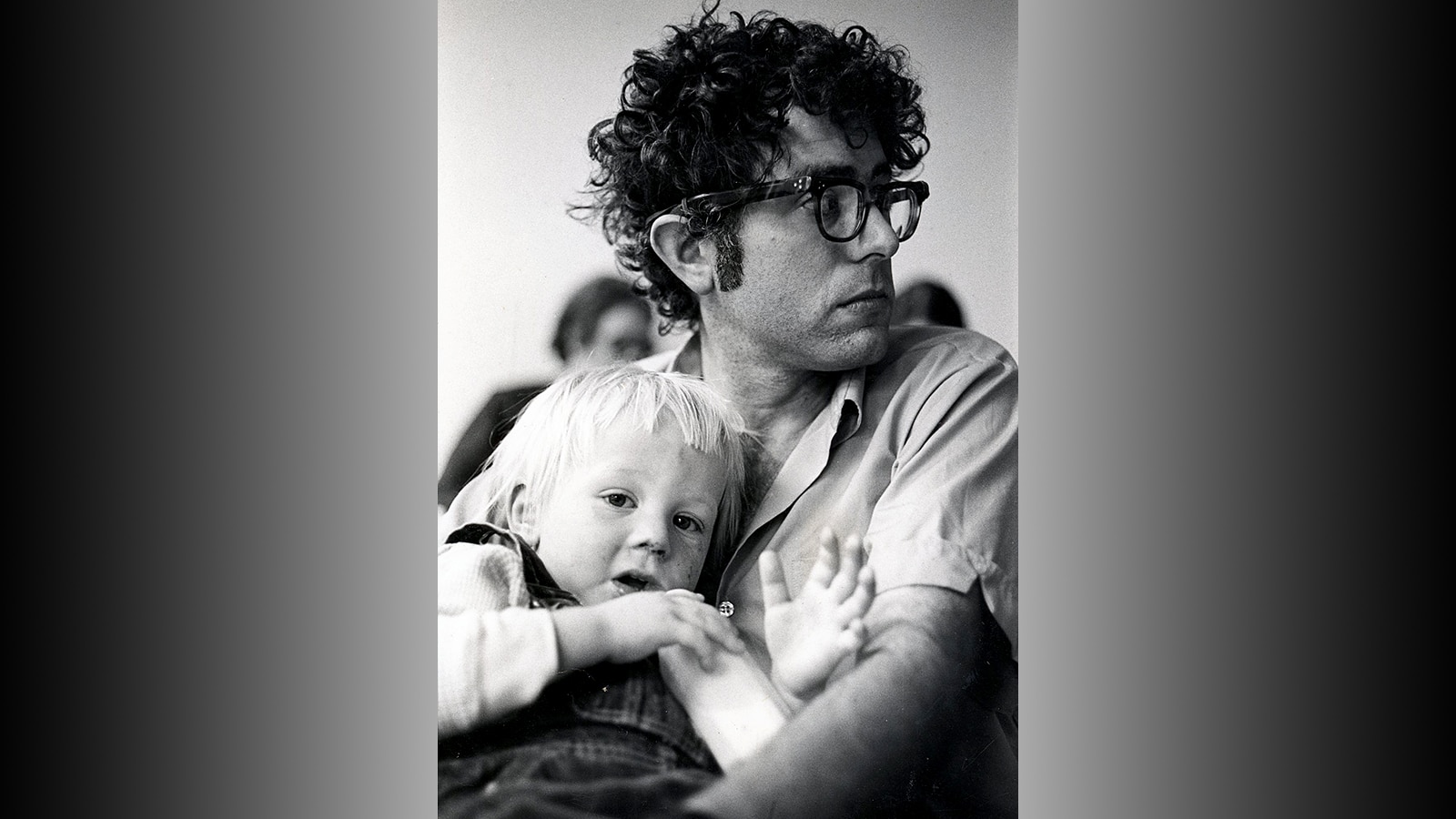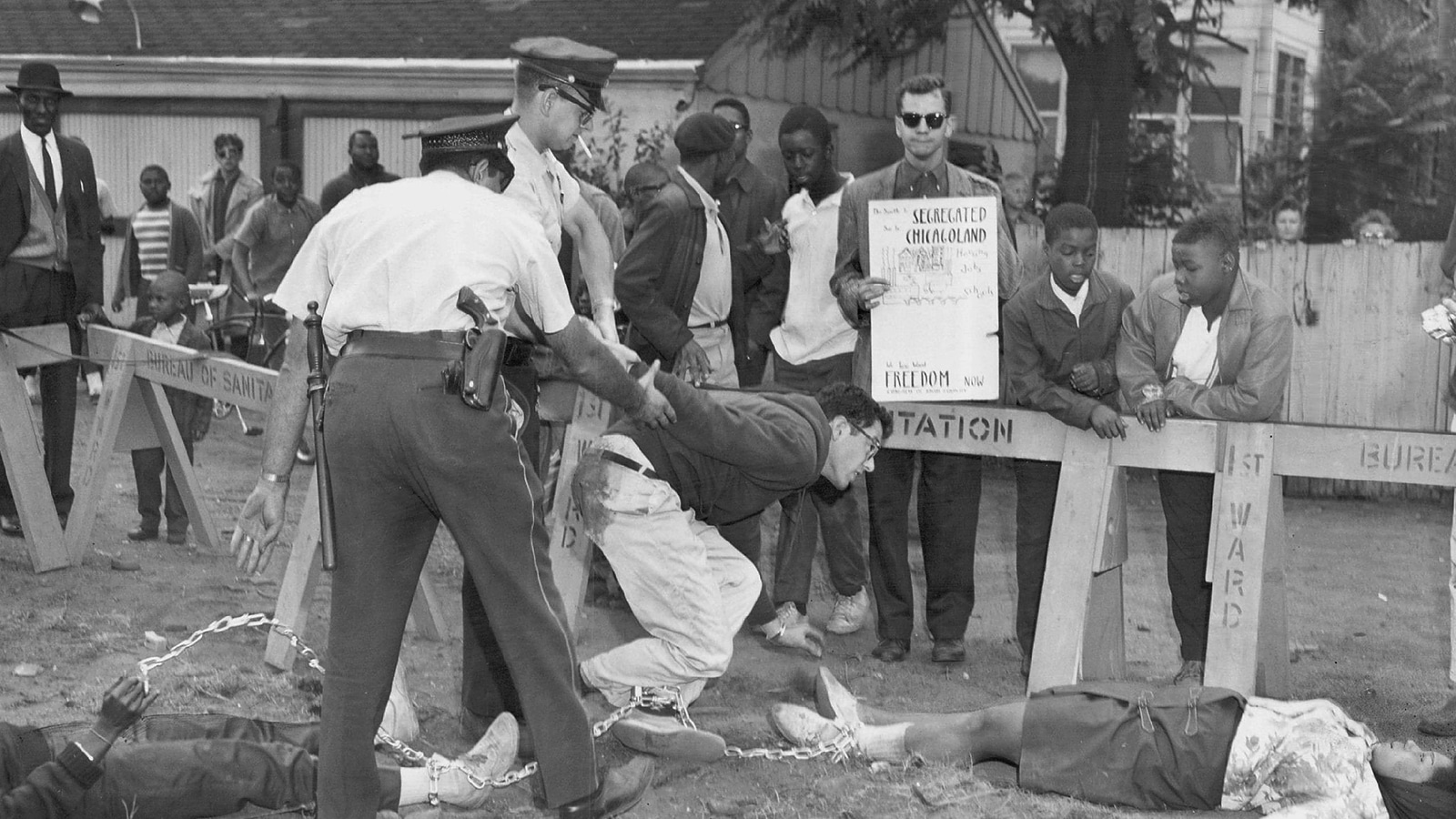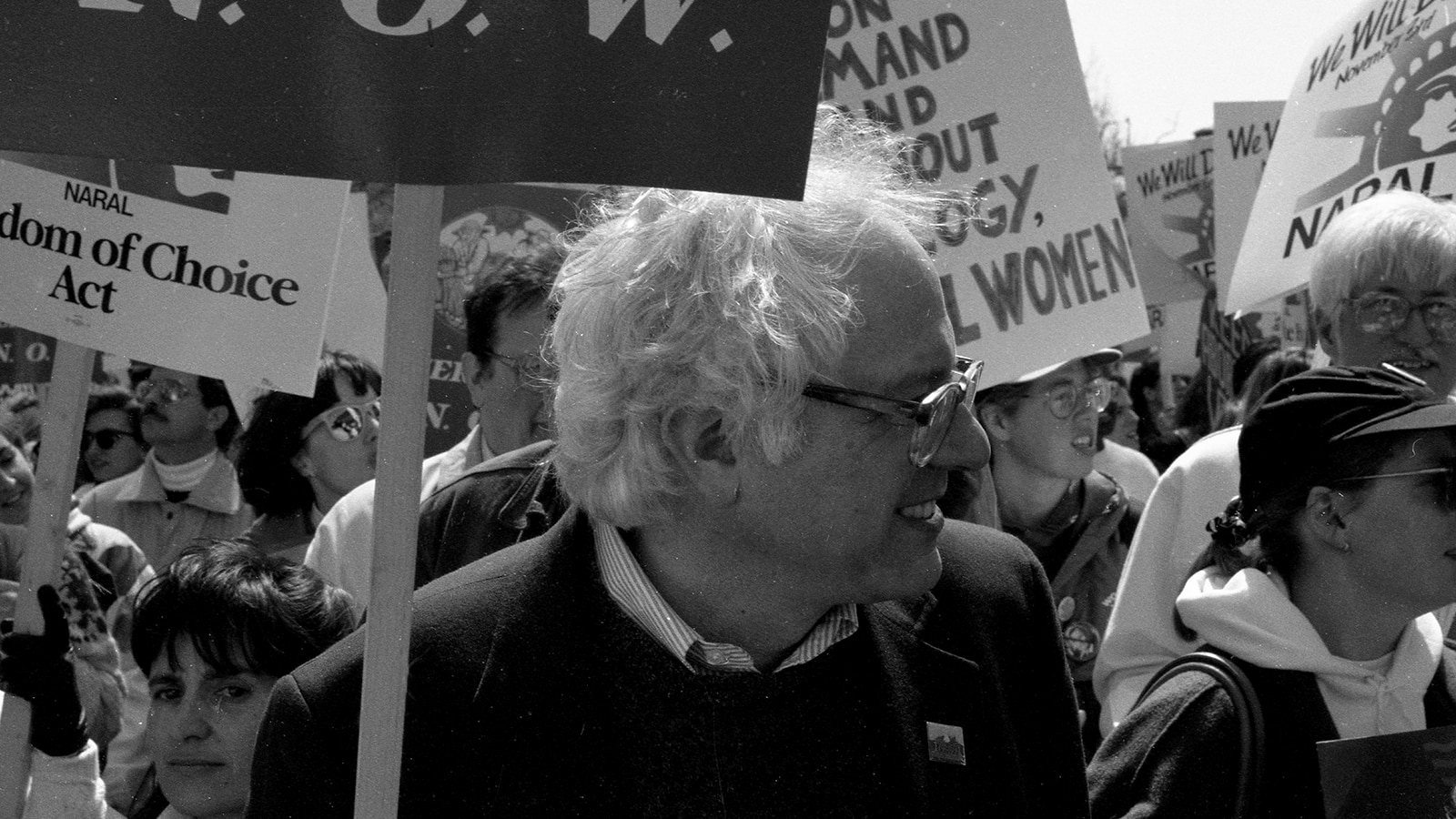Bernie first visited Vermont in the summer of 1964 and made the move permanent in 1968. “He’d been enchanted by the thought of living in lush, green Vermont ever since he and his brother had collected some travel brochures touting the state’s farms.”[1] The ability to buy acres of land in Middlesex, albeit where the only shelter was a maple-sugar shack, was the fulfillment of a dream.[1] He and his wife spent a few years there in the summers while they lived in New York. When he chose Vermont as his permanent home, Bernie made his first residence in Stannard, a tiny town in the Northeast Kingdom where his son Levi was born in 1969.
Two years later, In the fall of 1971, Bernie moved to Burlington, the state’s largest city with 40,000 inhabitants. “Jim Rader, a friend from my student days at the University of Chicago, whose acquaintance I renewed in Vermont, mentioned to me that the Liberty Union Party was holding a meeting at Goddard College in Plainfield. I’d heard of the Liberty Union, a small peace-oriented third party that had run candidates in Vermont’s previous election.” (Bernie Sanders)[2]
The purpose of that meeting was to nominate candidates for the U.S. Senate and the U.S. House of Representatives. There were two vacant positions but no individuals who were interested in running. The organizers asked if anyone would run for the Senate, and Sanders, one of the willing few, got the nod. It was the beginning of his political career, though he shared the fate of most Liberty Union candidates: he lost by an enormous margin.[1]
During the next ten years, he ran twice for senator and twice for governor and never got more than six percent of the vote. Nevertheless, he discovered that he had an appetite for campaigning—and a keen desire to hold elected office. “The difference between Bernie and most of the lefties is Bernie wants to win,” Garrison Nelson, a prominent Political Scientist at the University of Vermont, observed.[1]
For over a decade, as Bernie traveled the state of Vermont and met people from all walks of life, he listened and identified the issues that were most critical to them. And those same concerns are still of great urgency today. His stance on the issues has not wavered, as evidenced by the messages in this 1990 congressional campaign video:[3]
“You travel around the state, and you meet the family farmers, very decent, very salt of the earth hard, working people, and you say ‘I’m going to do everything in my human power to make sure that they are not driven off the land. They deserve their farms. They deserve a decent price for their product. You talk to the elderly people, people hanging in on social security, cannot afford their prescription drugs, and you say, ‘you know, I get down there (to D.C.), the drug companies are going to know I’m in Congress because I’m going to fight for those people. I’m not going to let my friends get ripped off and hurt.”
“One of the things that has always disturbed me about politics is the enormous degree by which working people are almost frozen out of the political process. You don’t see the pain in their lives. And that’s, by the way, why working people don’t vote. They’re anonymous…The system pushes them out of sight.”
“Creating a sense of hope that the country can be much more than it is right now will have an impact on every aspect of our lives.”
“Some people think that politics is really complicated. It’s not. There are those that have tremendous wealth and power, and the vast majority of the people who do not. That’s what the conflict is about. Are you prepared to stand with the people against the powers that be, or not?”
Vermont became the perfect incubator for the ideas that would shape Bernie’s lifelong mission in this country: to identify ways to make life better for the average American.
 Back to Timeline
Back to Timeline


